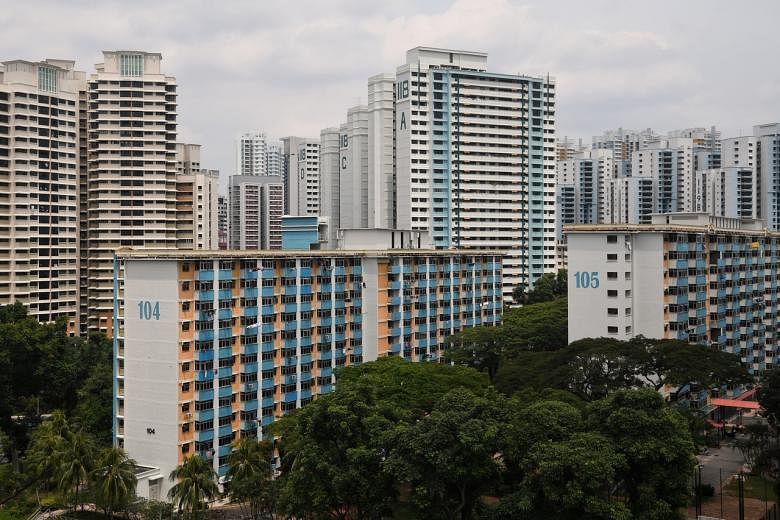SINGAPORE - A new set of criteria for those seeking help under the Criminal Legal Aid Scheme (Clas) will be introduced this year, said Second Minister for Law Edwin Tong on Tuesday (March 2).
Those seeking help under Clas will now be assessed based on their per capita household income, annual value of their place of residence, and the amount of savings and non-Central Provident Fund investments.
Speaking in Parliament during the debate on the budget of the Ministry of Law (MinLaw), Mr Tong said the changes will not affect the overall number of households here that are eligible for criminal legal aid, with coverage kept at about 25 per cent of resident households.
The shift away from the current disposable income and disposable assets criteria will simplify the application process and reduce the amount of paperwork for applicants, said Mr Tong, who is also Minister for Culture, Community and Youth.
The changes also mirror the eligibility criteria for the civil legal aid updated in October 2019, and which is aligned with those commonly used in social support schemes, he added.
"We are mindful of the need to and will continually and proactively review how we can enhance access to justice for accused persons of limited means," he said.
Mr Tong noted that there is room for flexibility in deciding whether legal aid applicants with exceptional circumstances can still qualify for help, and that rules allow officers to exercise discretion in assessing applications.
For example, if an applicant has a severe disability or illness, the assessment can exclude some of the applicant's savings in deciding their eligibility.
"Beyond this, we have established an independent Means Test Panel which reviews cases that do not satisfy the means criteria but are unable to afford basic legal services due to exceptional circumstances," said Mr Tong.
The panel has "full flexibility" to decide if an applicant who does not fit the criteria should still qualify for legal aid, said Mr Tong, and has already done so "for a few cases".
"We will push ahead with our efforts to make legal information and advice more accessible in 2021," said Mr Tong.
The Legal Aid Bureau's (LAB) chatbot iLAB, launched in February last year, currently provides customised legal information on key topics such as divorce, personal protection orders, and custody matters.
More topics will be added to the chatbot, said Mr Tong, and LAB will work with social agencies to offer legal advice via video conferencing in community spaces, such as Our Tampines Hub and more Family Service Centres.
MinLaw is also working with the Law Society Pro Bono Services to create a one-stop legal information portal, with clear information on common legal topics and the various types of legal assistance available, said Mr Tong.
In his speech, Mr Tong said an ongoing review of the criminal legal aid model, which commenced in 2019, will conclude this year. The review is also looking at the possibility of setting up a Public Defender's Office, he said.
"We are carefully studying the experiences of other countries to avoid the problems they encountered, such as abuses of legal aid by wealthy defendants," said Mr Tong.


